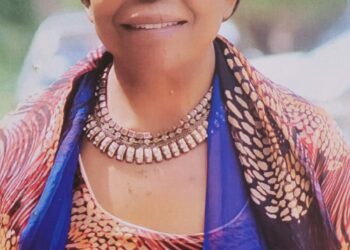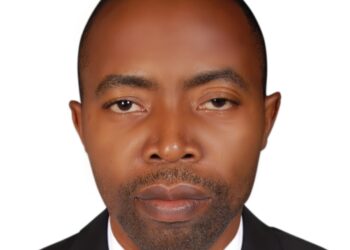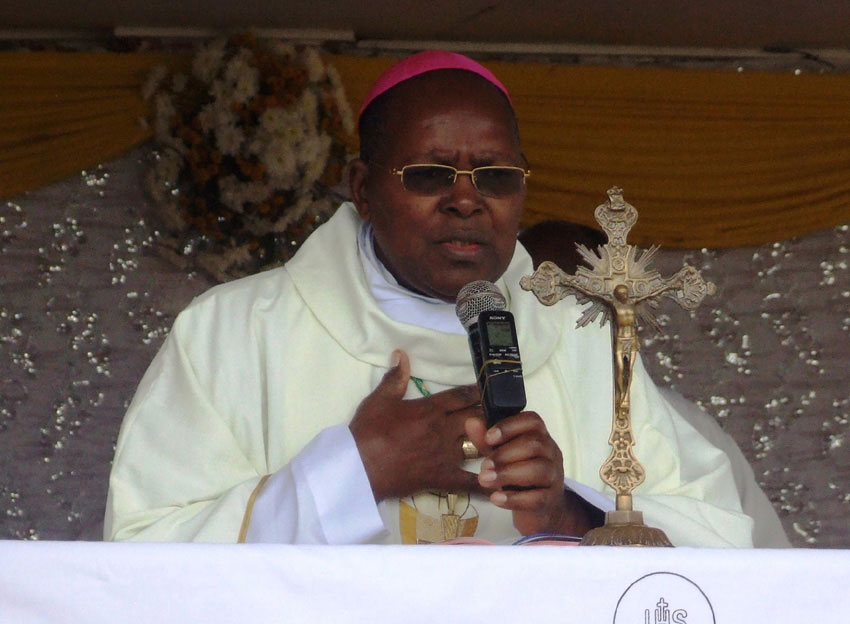By Ofwono Opondo
The outright victory by the governing African National Congress (ANC) in the just concluded elections in South Africa has debunked the youth political bubble especially when expressed through rancor, greed, indiscipline and self-aggrandizement. As a fraternal and sister liberation political organization to the National Resistance Movement (NRM) in Uganda, we extend salutations and congratulations to the ANC for proving the naysayers wrong again and again over the years.
Western imperialism that supported brutal apartheid for half a century would now want the world, and more so young black South Africans to falsely believe that the vestiges and legacy of dehumanization, marginalization, expropriation, and material dispossession should have been eliminated within the twenty years the ANC has been in government.
The ANC under President Cyril Ramaphosa has retained an outright majority with fifty eight percent (230 MPs) although thirty five seats short of the two thirds majority in the four hundred seat national assembly. It also won in eight provincial assemblies and lost only the Western Cape taken by the Democratic Alliance (DA), which should send some lessons to the budding local Uganda opposition youth groups that seem to be copying radicalism from the Economic Freedom Fighters EFF) party under Julius Malema.
The ANC made a slight gain from the 2016 elections held under former president Jacob Zuma, winning reprieve from a rising opposition tide that has grown and got embolden partly because of internal malfeasance within the ANC, widespread corruption, and state capture by business interests that has left many dispossessed black Africans disappointed with the liberation Movement. It is probable that if Zuma had not been ousted, ANC’s electoral performance could be much lower. In total there will be fourteen political parties represented in parliament with the DA as the official having 84 MPs followed by EFF with 44, Inkatha Freedom Party 44, and several other smaller parties.
The EFF, which campaigned with a radical message advocating redistribution of white wealth to blacks, gained votes mostly at the expense of the ANC, but did not make the breakthrough as a serious contender it had hoped for, except being a spoiler. Nevertheless, its growing support which doubled and will now have forty four MPs in the national assembly signals that its platform is resonating with some South Africans especially if the ANC becomes complacence. In addition, the EFF captured the second slot in three provincial assembles thereby becoming official opposition. Throughout the election campaigns, the EFF were the kings on social media, streets and rally crowds than neither the ANC nor Democratic Alliance could manage.
Contrary to the much publicized youth interest in political change, voter turnout has steadily declined from eight-five to just sixty five percent in twenty years, with reports indicating that the so-called born-free (post 1994) stayed away. Only sixty nine percent registered to vote. Like in Uganda, many of the young people were not part of struggle, didn’t experience its apartheid, and actually don’t see the ANC as a liberation Movement. A close examination of the same elections further offer good lessons to Uganda and especially the NRM, which appears to be taking many things for granted. The growing angry mob on social media and street corners in Uganda in spite of the many achievements registered is a phenomenon that NRM should study and roll back.
The often unguarded opposition rhetoric and call for the expropriation of Asian businesses, and property of those seen as NRM supporters which is given oversize media coverage and attention, while likely to discourage domestic and foreign investors, is certainly not a voter winner for the opposition either. And while the NRM still enjoys swathes of support countrywide and across social segments of Ugandans, President Yoweri Museveni who still has a strong hold on the party, needs to launch a program of reforming NRM, and decisively revamp state institutions that have become nests of corruption. NRM ought to rid itself of gangsters and political tenderpreneurs, and should it fail to do that, the 2021 election could see the party’s decline in support move further downwards, and by then it will be too late. Many Ugandans are increasingly getting angry at failing services, corruption, crime levels and a failure or slow action against corrupt officials. In time, the NRM may find it very difficult to continue using its liberation credentials, already under scrutiny, as the main reason to retain support.
It is important for the NRM leaders and cadres to know that the Western powers, especially the US and European Union countries that support opposition groups in Uganda with money, logistics, and diplomatic cover believe that the overwhelming dominance of the NRM is not very good for a vibrant democracy to thrive. To them, a weakened NRM, would cede ground and make better political concessions as it will be unable to dictate terms. While the opposition may appear fractured and squabbling, efforts are visible to ensure that President Museveni does not get an outright win in the first round, and that NRM support too declines, or at the very least it develops internal factions so that the centre can longer hold.
Do you have a story in your community or an opinion to share with us: Email us at editorial@watchdoguganda.com











